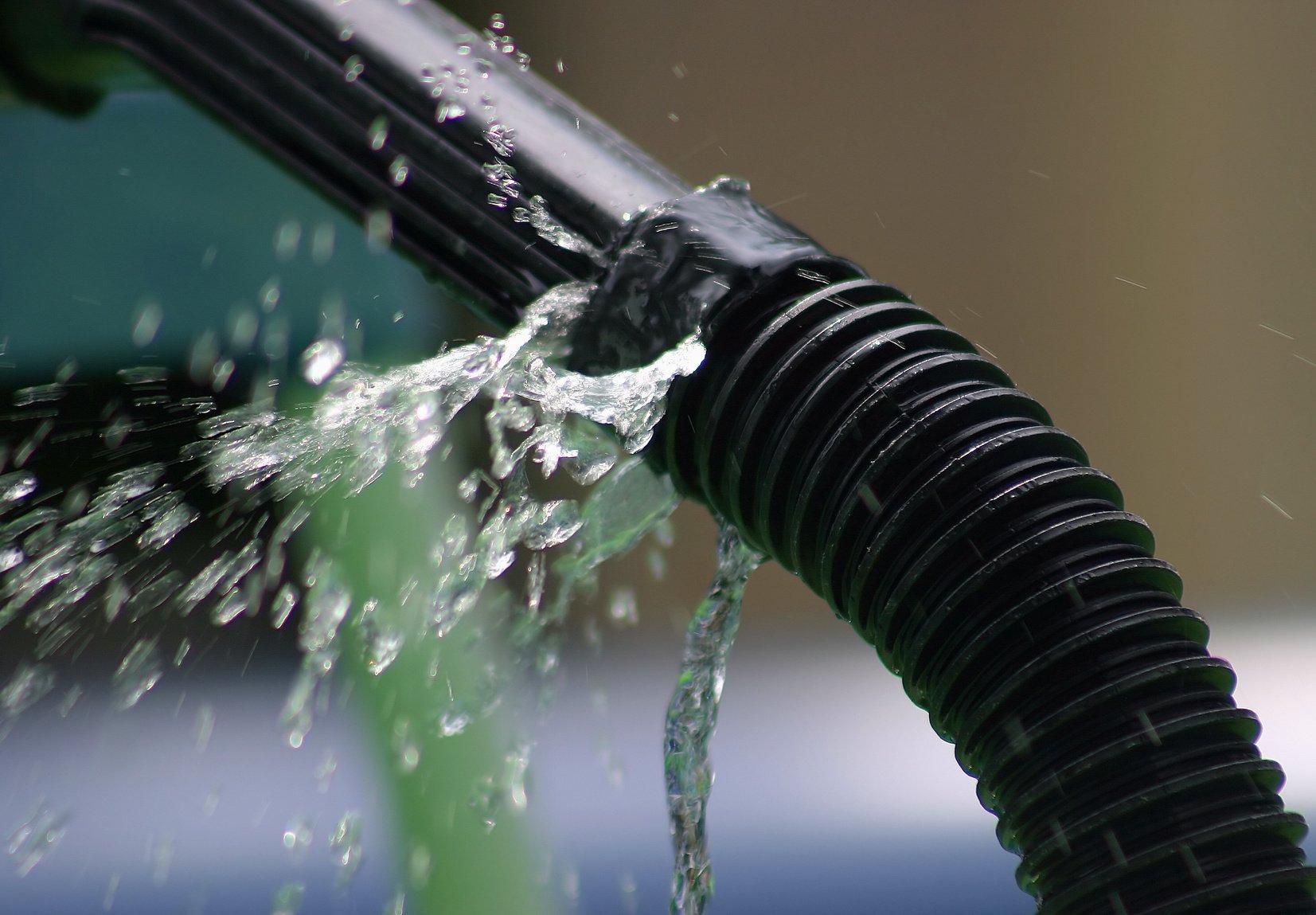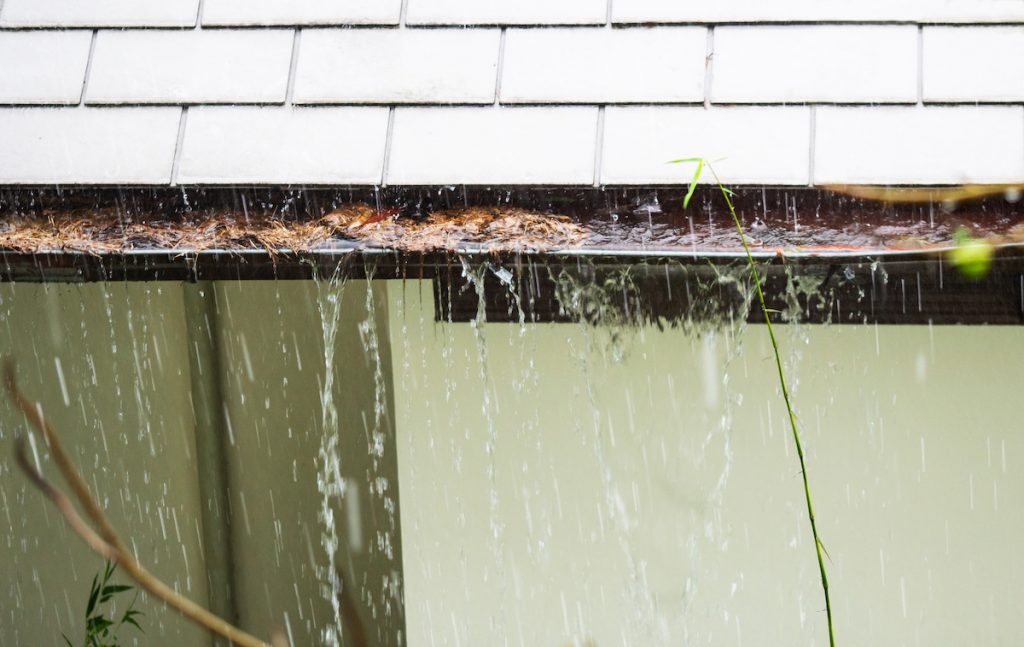Revealing the Main Origins of Leak Problems Inside Your Home
Revealing the Main Origins of Leak Problems Inside Your Home
Blog Article
Everybody maintains their own individual conception involving How to detect water leaks in your home.

Leaks not only cause waste of water but can also create unnecessary damage to your home and also advertise undesirable organic growth. By understanding and also looking for day-to-day circumstances that trigger leaks, you can secure your residence from future leaks and unnecessary damages.
Immediate temperature level modifications.
Extreme temperature changes in our pipes can cause them to increase as well as acquire suddenly. This expansion as well as tightening might cause splits in the pipes, particularly if the temperature level are listed below cold.
Corroded water supply
As time goes by, your plumbing system ages and corrosion such as corrosion may start eating away the pipelines. This may be the cause of staining or bending on your pipes. This asks for an inspection with your plumber immediately. Consider changing the pipes because they are at a higher threat of corrosion than the newer models if our plumbing system is old.
Defective Pipeline Joints
The factor at which your pipelines connect is frequently the weakest link in the waterline. Pipeline joints can weaken in time, resulting in water leakages. The majority of pipe joints are not quickly visible. If you have noisy pipes that make ticking or banging noises, especially when the hot water is switched on, your pipe joints are possibly under a great deal of stress. It is recommended to have your plumber evaluate your system yearly.
Encroaching origins
The majority of water leakages start outside the home instead than inside it. You could notice damp patches or sinkholes in your lawn, and that may suggest that tree origins are invading water lines causing water to seep out.
Poor Water Connectors
At times, a leakage can be brought on by loosened hose pipes and pipes that provide your devices. Generally, moving is what causes the loose water Links. You may discover when it comes to a washing device, a hose may spring a leak due to trembling throughout the spin cycle. In case of a water links leak, you might notice water running straight from the supply line or pools around your appliances.
Clogged Drains
Clogged drains pipes could be aggravating and also inconveniencing, but they can occasionally end up creating an overflow leading to burst pipelines. Maintain getting rid of any kind of materials that may go down your drains that might block them to prevent such inconveniences.
All the above are sources of leaks yet not all water leakages result from plumbing leaks; some leaks could come from roofing system leakages. All leaks need to be repaired right away to avoid water damages.
Leaks not just create waste of water however can additionally create unneeded damages to your residence as well as advertise unwanted organic growth. By looking and recognizing for daily scenarios that create leaks, you can shield your home from future leakages and also unnecessary damage. Today, we will certainly look at 6 leak creates that may be creating your pipelines to leak.
At times, a leakage can be caused by loosened hose pipes and pipes that supply your appliances. In situation of a water links leakage, you may observe water running directly from the supply line or puddles around your devices.
How To Check For Water Leak In Your Home
How To Check for Leaks
The average household's leaks can account for nearly 10,000 gallons of water wasted every year and ten percent of homes have leaks that waste 90 gallons or more per day. Common types of leaks found in the home are worn toilet flappers, dripping faucets, and other leaking valves. These types of leaks are often easy to fix, requiring only a few tools and hardware that can pay for themselves in water savings. Fixing easily corrected household water leaks can save homeowners about 10 percent on their water bills.
To check for leaks in your home, you first need to determine whether you're wasting water and then identify the source of the leak. Here are some tips for finding leaks:
Take a look at your water usage during a colder month, such as January or February. If a family of four exceeds 12,000 gallons per month, there are serious leaks.
Check your water meter before and after a two-hour period when no water is being used. If the meter changes at all, you probably have a leak.
Identify toilet leaks by placing a drop of food coloring in the toilet tank. If any color shows up in the bowl after 10 minutes, you have a leak. (Be sure to flush immediately after the experiment to avoid staining the tank.)
Examine faucet gaskets and pipe fittings for any water on the outside of the pipe to check for surface leaks.
Undetected water leaks can happen without the home or business owner even realizing. If you suspect a water leak, but not able to find the source. It is time to contact a professional water leak detection service, The Leak Doctor.
How To Find a Water Leak In Your Home
https://www.leakdoctor.com/blog/How-To-Check-For-Water-Leak-In-Your-Home_AE197.html

I recently found that write up about How to detect water leaks in your home when exploring the internet. Sharing is nice. Helping others is fun. We truly appreciate reading our article about Most Common Causes of Leaky Pipes.
Save time, call now! Report this page